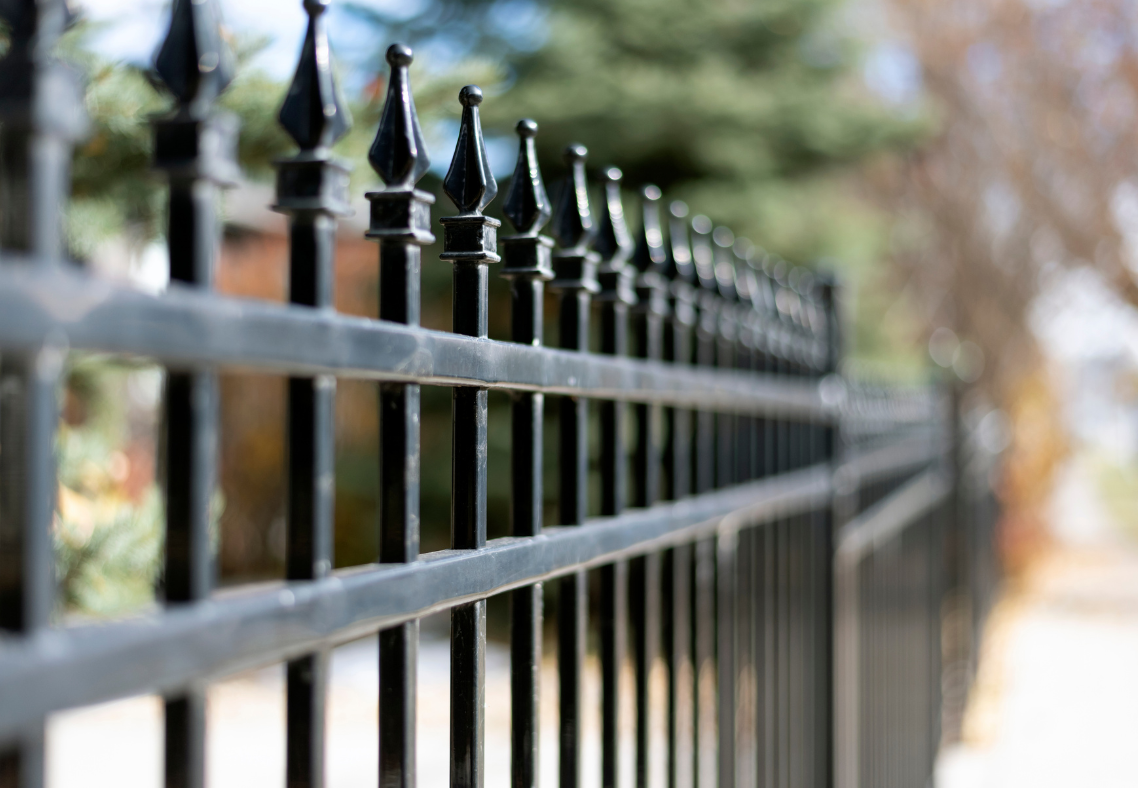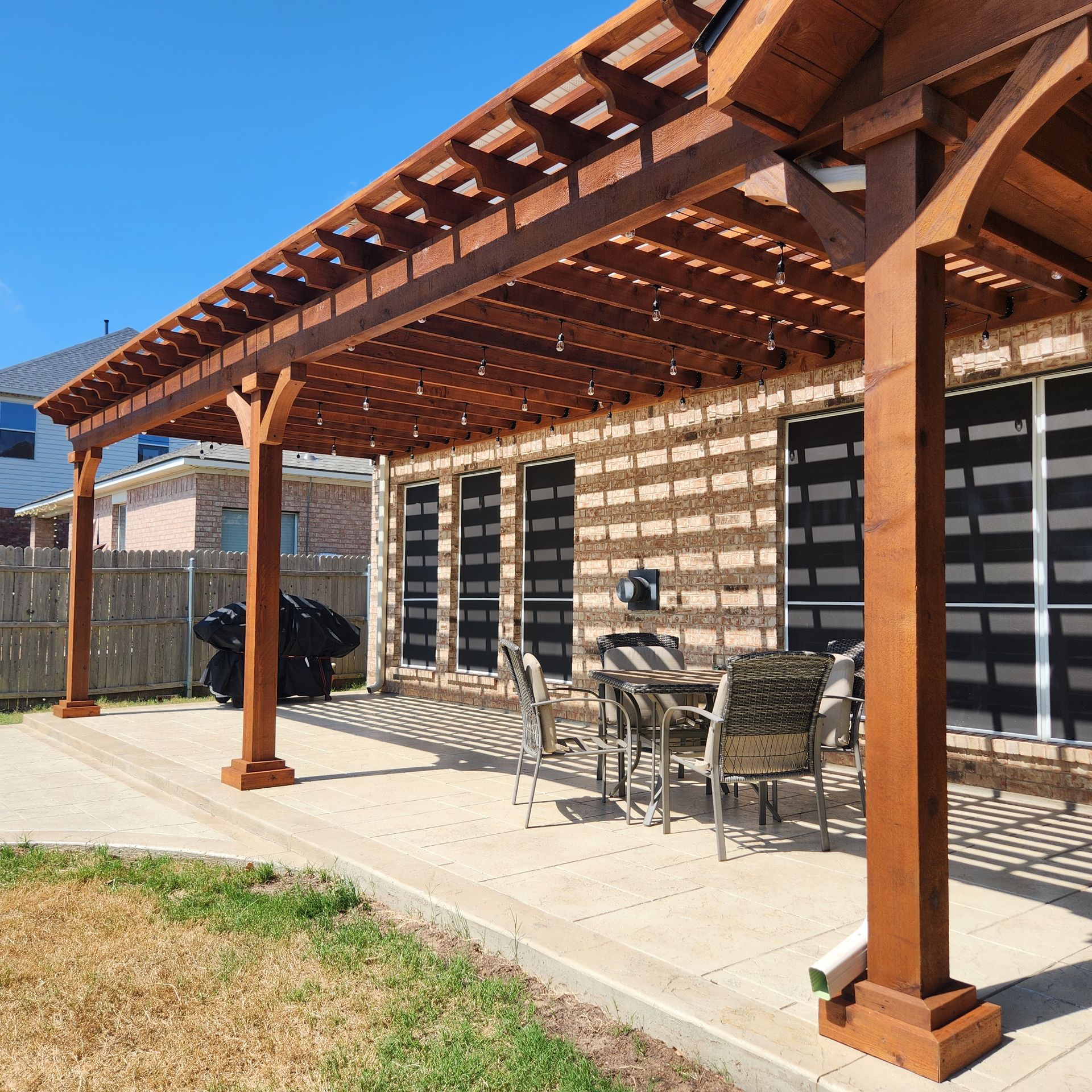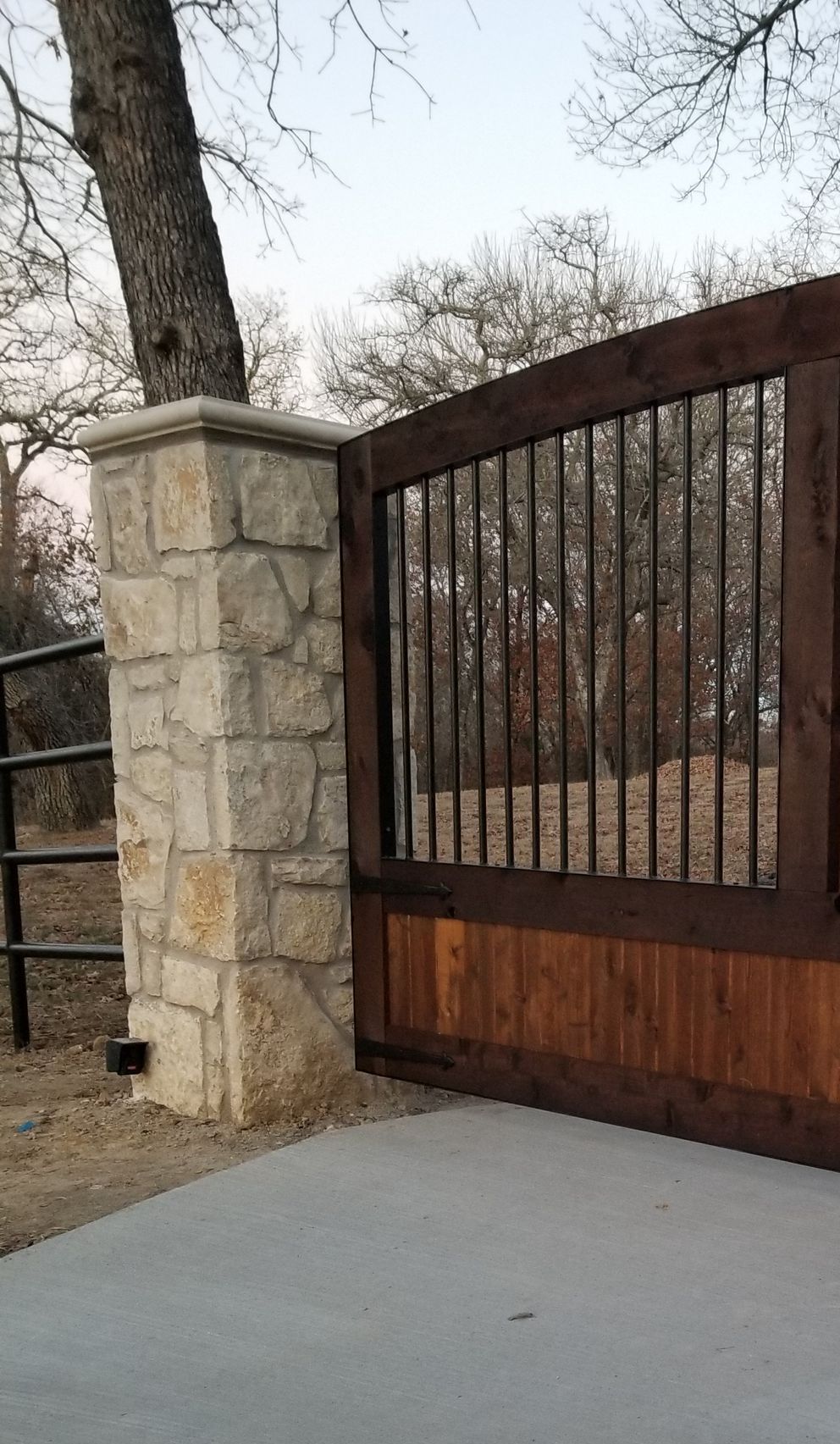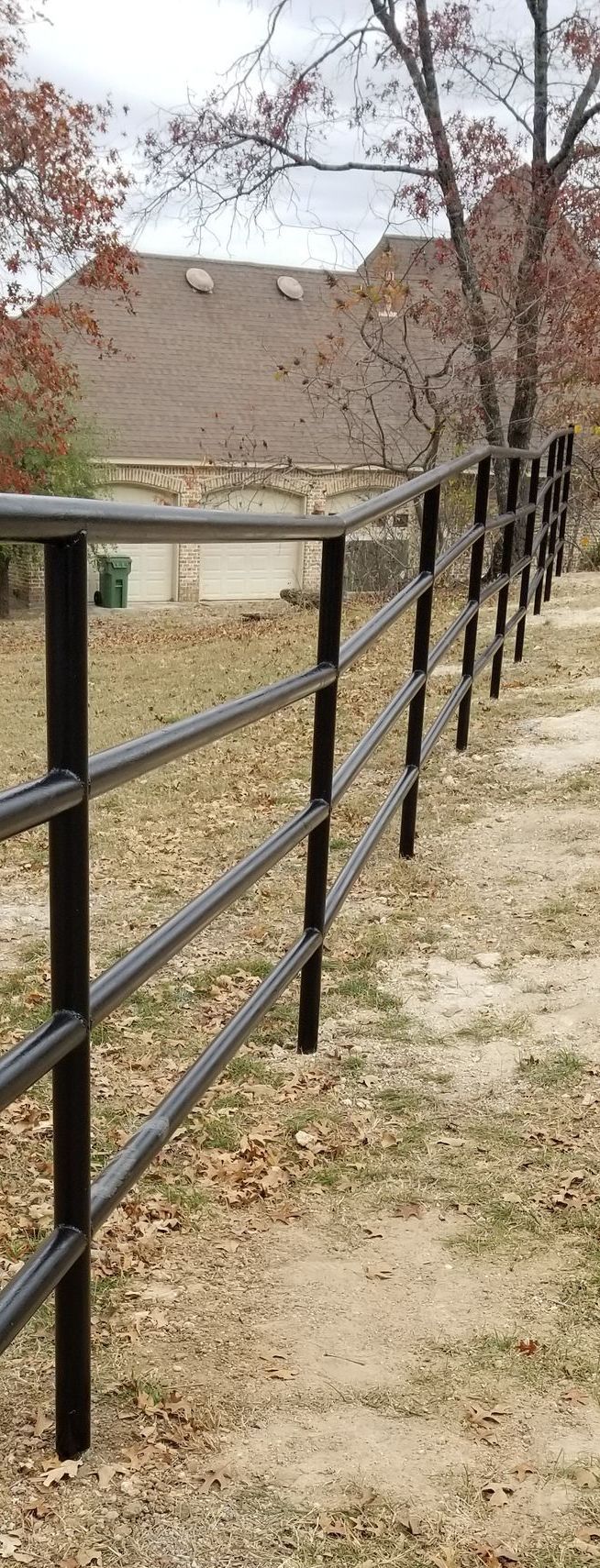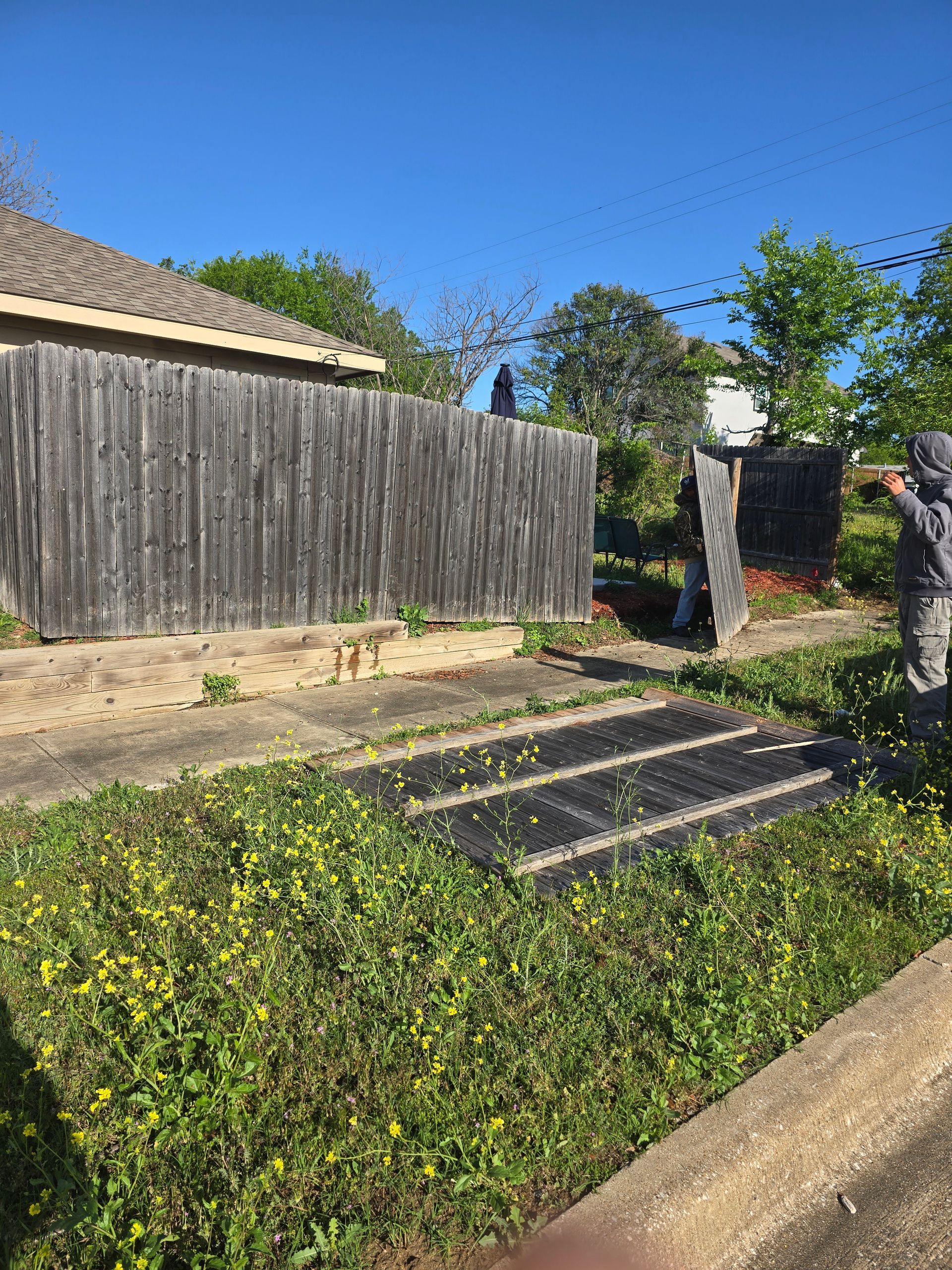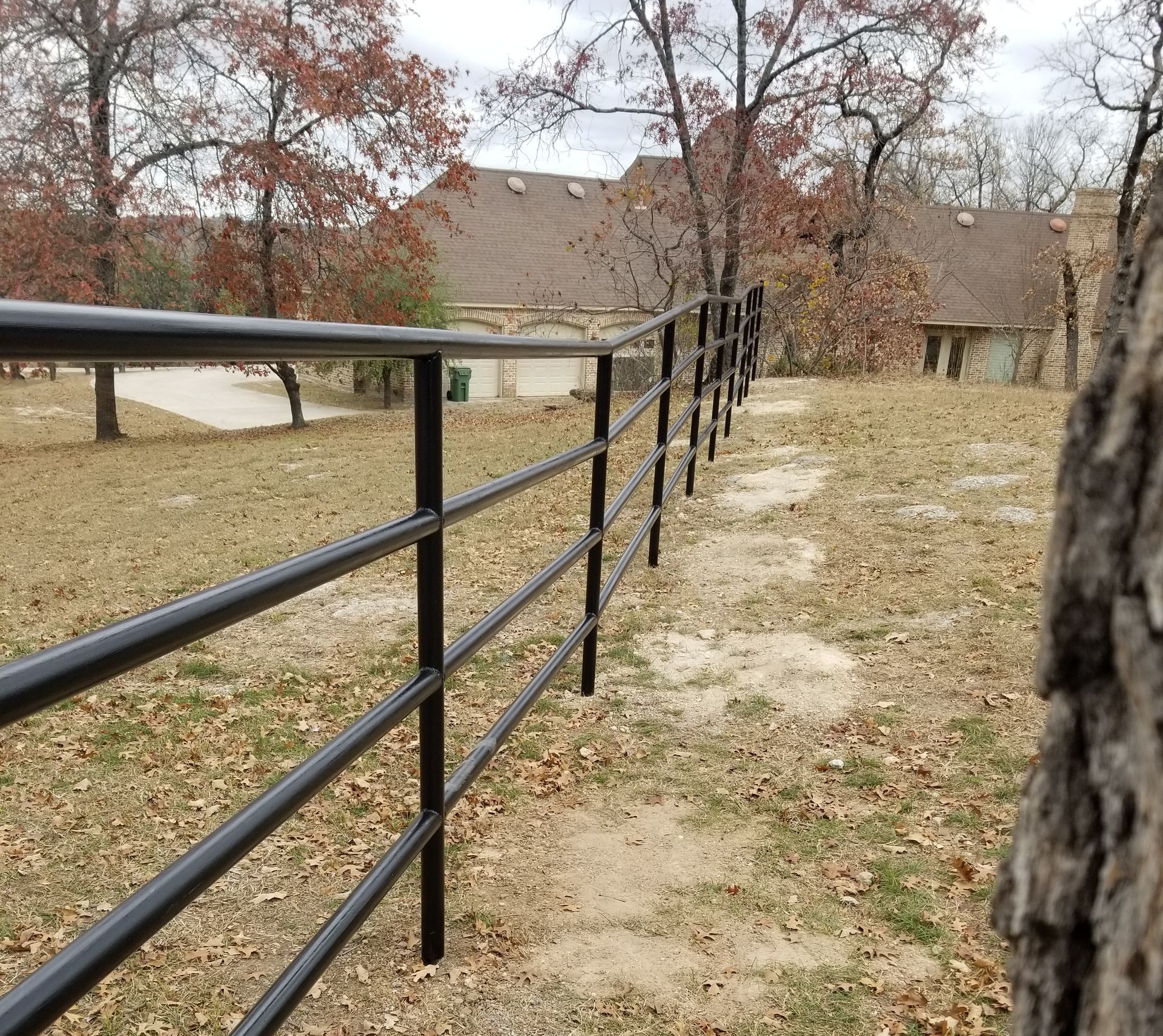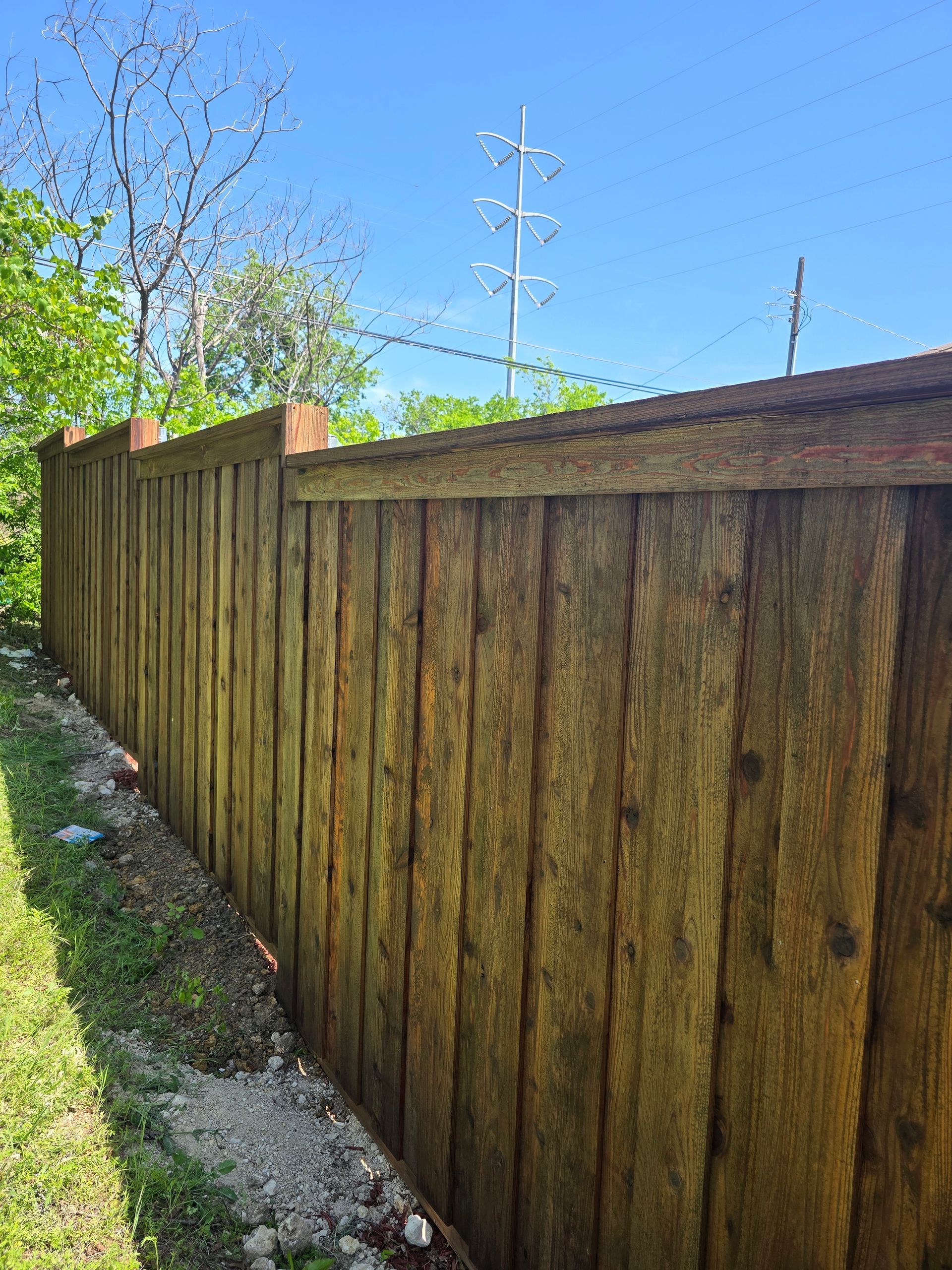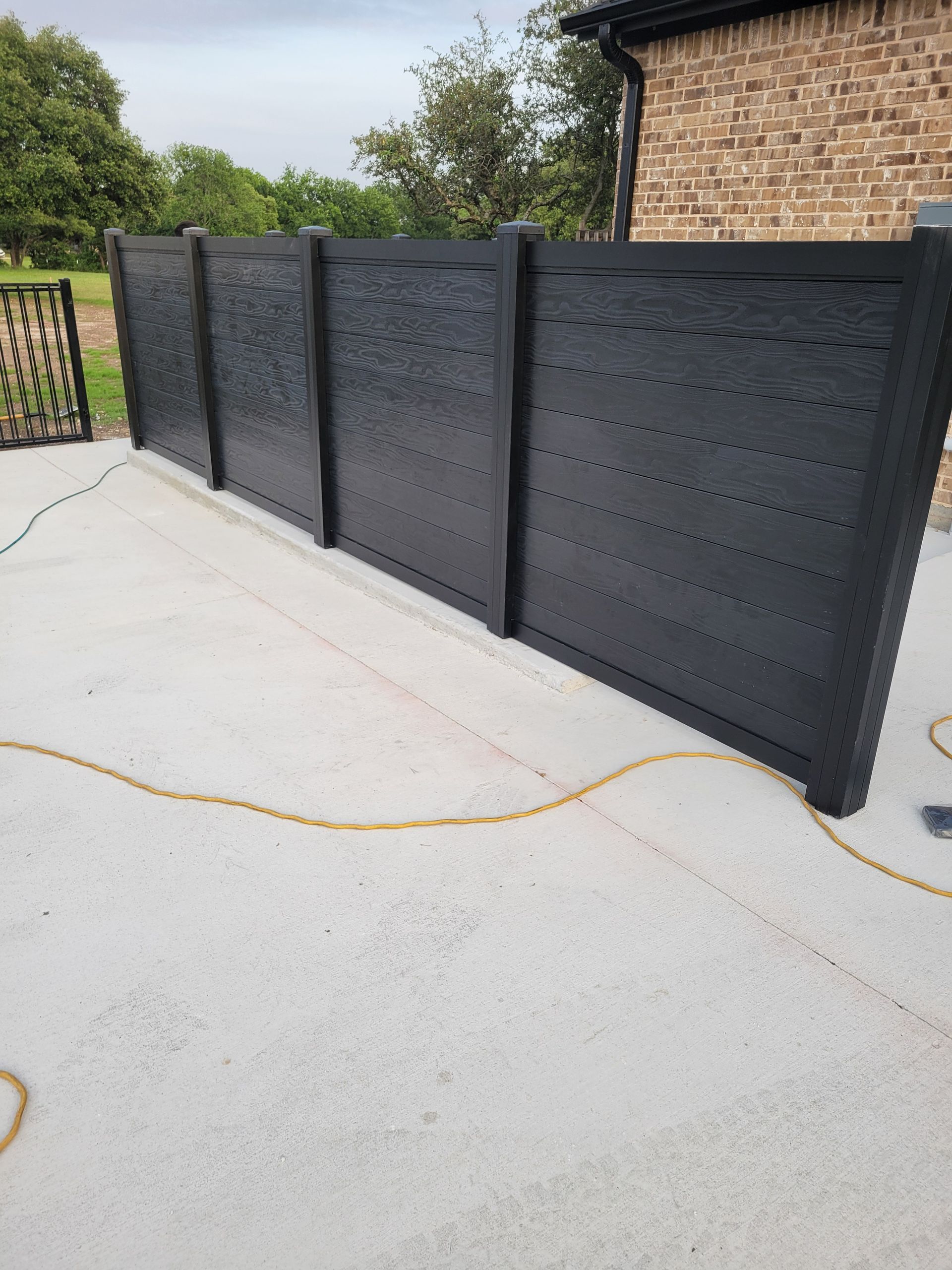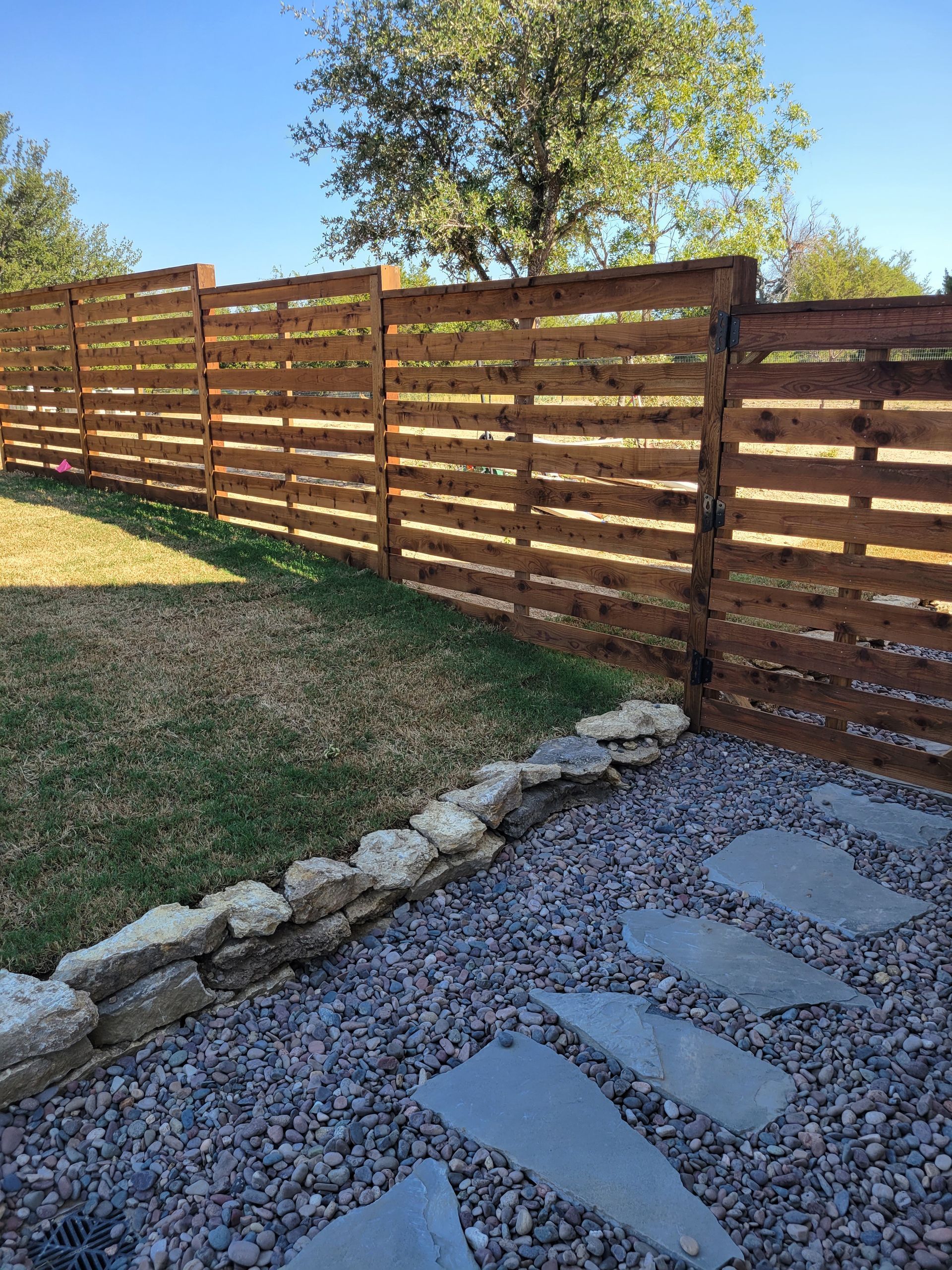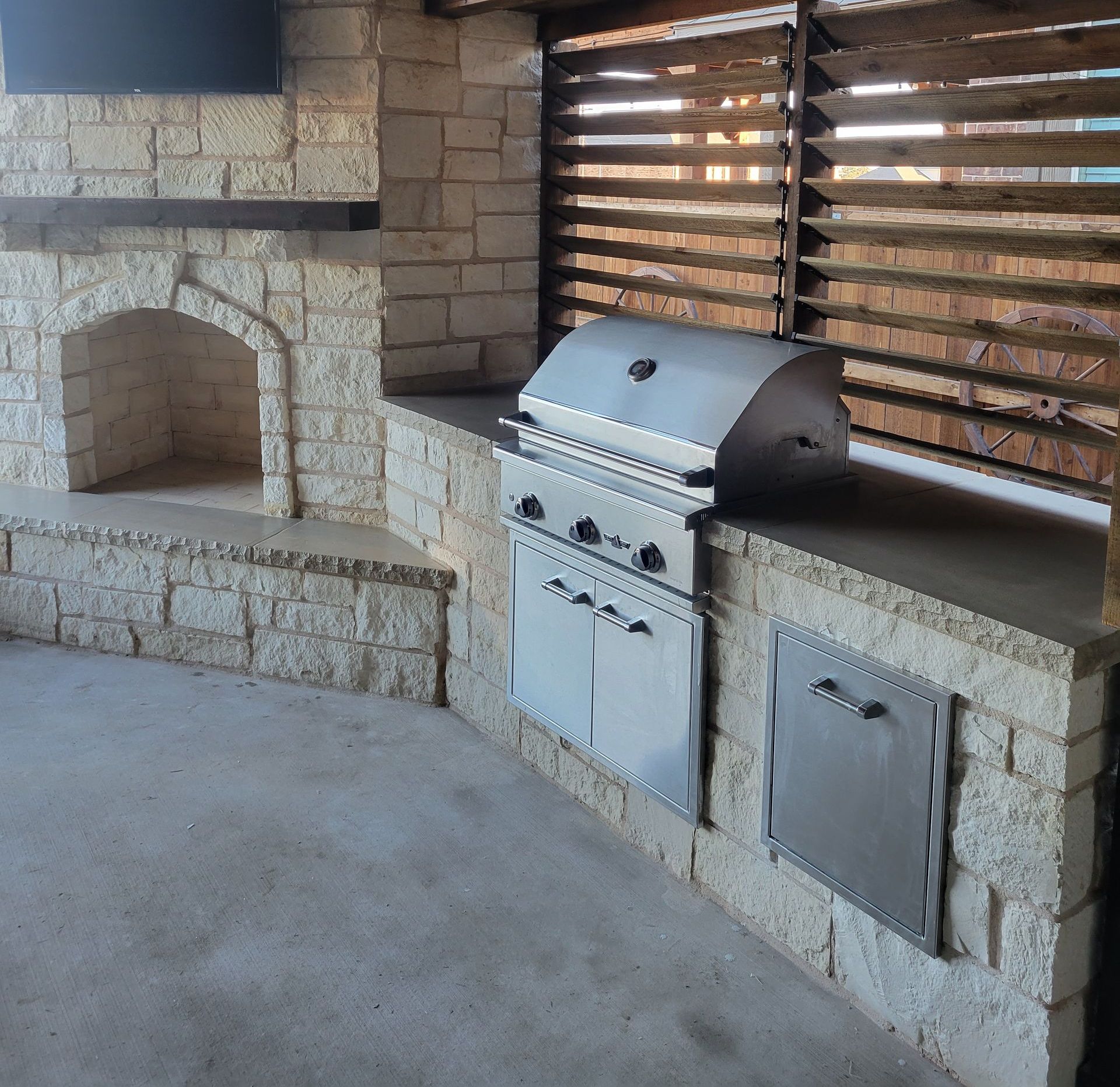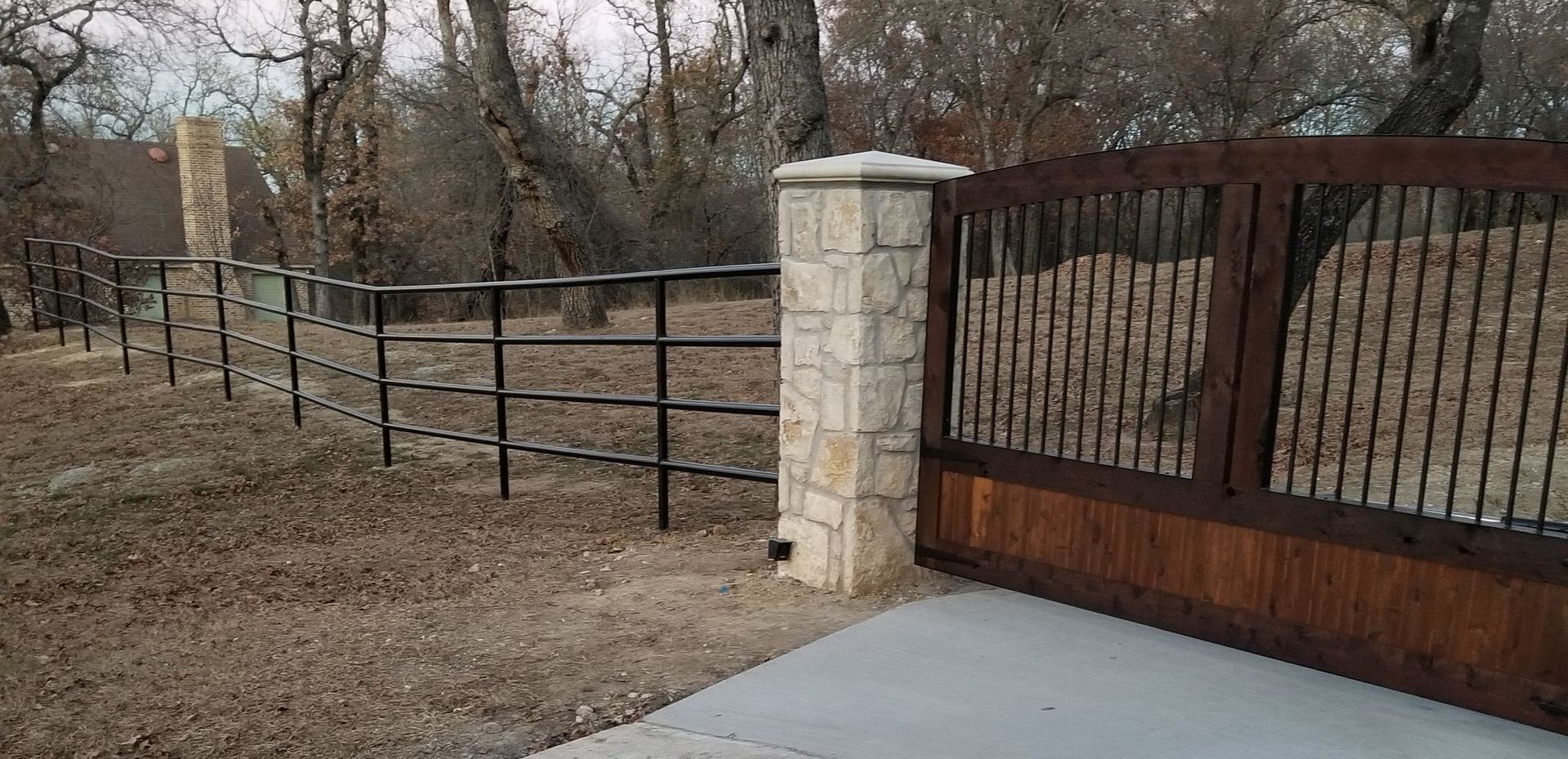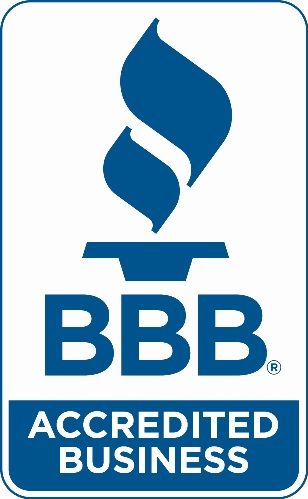Fence and Patio Tips
Maintaining-driveway-gates
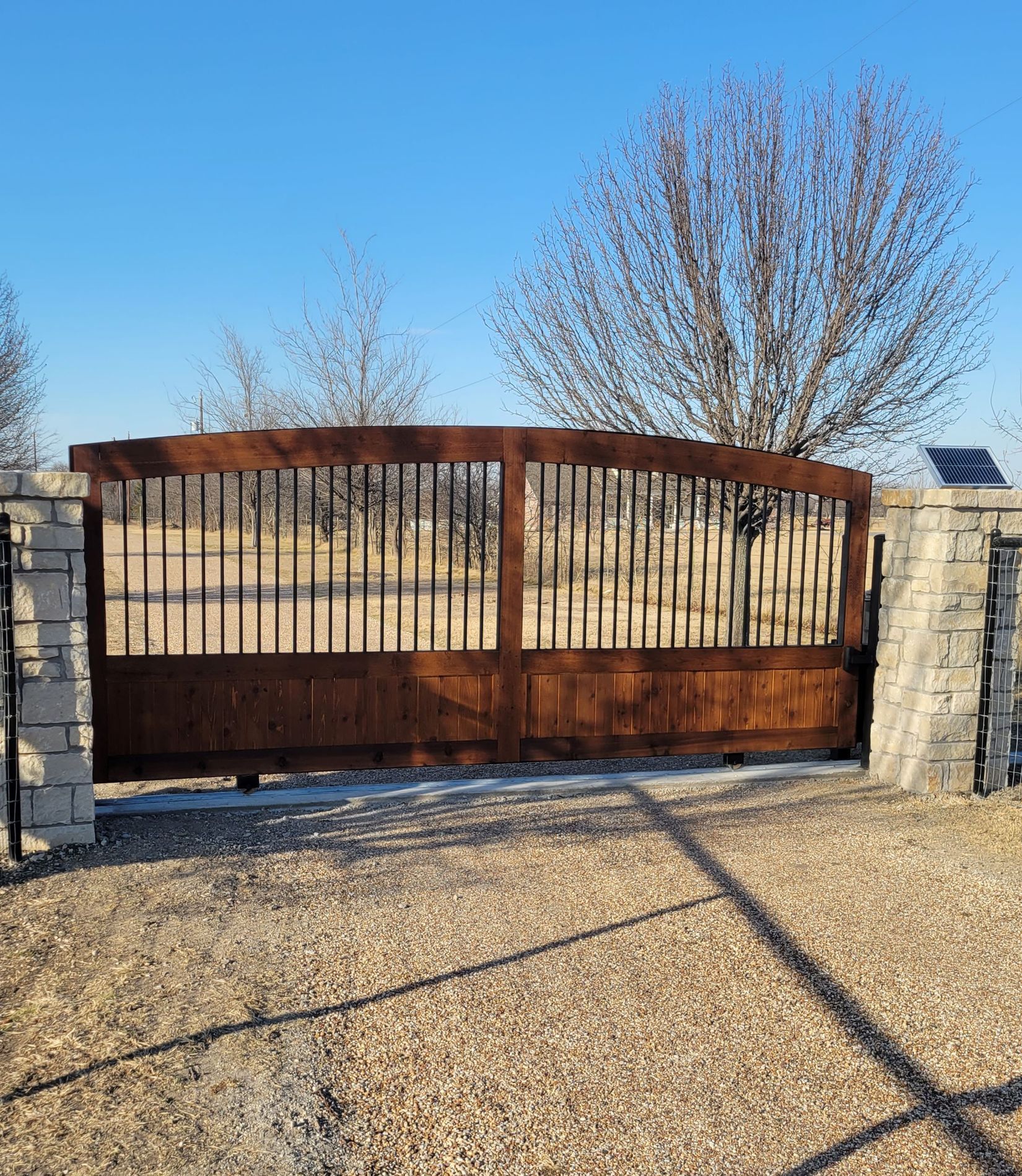
Driveway gates serve as the first impression to our homes while providing security and convenience. However, like any fixture, they require regular maintenance to ensure they remain functional and visually appealing. In this blog, we will explore essential tips and tricks to help you keep your driveway gates in excellent condition, prolonging their lifespan and ensuring optimal performance.
Understanding the Components of Driveway Gates
Driveway gates are more than just barriers; they comprise various components that work in harmony to ensure functionality and aesthetics. At the core, the gate itself can be made from wood, metal, or a combination of materials, each contributing to the overall look and durability. Understanding these materials—like the resistance of wrought iron compared to the warmth of wooden designs—will help you choose the right gate for your home.
In addition to the gate material, hardware such as hinges, latches, and locks are crucial. Over time, these parts can wear down due to exposure to weather, resulting in decreased performance. Regularly inspecting and identifying these components helps in spotting potential failures before they become costly repairs.
Another significant component is the automation system. If you have an electric gate, understanding how the remote and safety features operate can immensely affect your experience. With the right knowledge, you can troubleshoot minor issues and decide when it's time to call in a professional.
Regular Inspection: Why It Matters
Regular inspections are the backbone of effective driveway gate maintenance. Ideally, check your gate every season, looking for any signs of wear and tear. This proactive approach allows you to catch issues like rust, rot, or malfunctions before they escalate into serious problems.
When inspecting your driveway gate, pay special attention to the hinges and latches. Over time, these components can become loose or corroded. Tightening screws and applying a rust-resistant coating can significantly prolong their life. If you notice any unusual sounds when opening or closing the gate, this might also be a sign that something is amiss.
In addition to mechanical parts, your driveway gate's aesthetic appeal also deserves attention. Look out for peeling paint or damaged wood that might detract from your home’s exterior. A little prevention, such as periodic painting or sealing, can go a long way in preserving your gate's natural beauty.
Cleaning Your Driveway Gates: Best Practices
Cleaning your driveway gates is essential for maintaining their appearance and functionality. Debris, dirt, and grime can accumulate over time, potentially leading to rusting or rotting in wooden gates. Start by using a soft brush or cloth to remove loose dirt, followed by a gentle wash with soapy water.
For metal gates, a specialized metal cleaner can be beneficial. Ensure you rinse thoroughly to avoid any residue that might compromise the material. If it's a wooden gate, consider using a wood-safe cleaner that removes dirt without damaging the fibers.
After cleaning, allow your gate to dry completely before applying any protective coatings. Sealing or painting your gate not only enhances its look but also adds a layer of protection against the elements. Keeping your driveway gates clean and well treated can significantly extend their lifespan.
Lubrication Techniques for Smooth Operation
Proper lubrication is key to ensuring that your driveway gates operate smoothly. Dry or squeaking hinges not only create annoying noises but can also lead to faster wear. Regularly applying a suitable lubricant can help maintain quiet and efficient operation.
When selecting a lubricant, opt for silicone spray or a multipurpose grease that is designed for outdoor use. Avoid using oil-based products, as these can attract dust and dirt, creating a sticky mess that makes the situation worse.
Applying lubricant isn’t just a quick fix; it involves a strategic approach. Start by cleaning the hardware to remove any old lubricant build-up. Then, apply the product directly to the moving parts, opening and closing the gate several times to allow the lubricant to spread evenly.
Remember, lubrication should be a routine part of your maintenance checklist. Aim to lubricate your driveway gates at least twice a year—spring and fall are ideal times—ensuring they’re ready to perform at their best in any weather.
Repairing Common Issues with Driveway Gates
Even with diligent maintenance, issues can arise with driveway gates. Some of the most common problems include misalignment, rust, and malfunctioning electrical components in automated gates. Identifying these issues early can save you both time and money in repairs.
For physical damages like misalignment, begin by checking the hinges that hold the gate. Sometimes these can become loose or damaged over time, causing the gate to not close properly. Tightening or replacing these components can often solve the misalignment issue.
On the other hand, rust can occur on metal gates. If rusty spots appear, sand them down to remove the rust and apply a rust-inhibiting primer before repainting. This can not only restore the gate's appearance but also prevent further corrosion.
If your driveway gate is automated, troubleshooting might involve checking the power supply or the remote control batteries. In some cases, calling a professional might be necessary, especially if you suspect wiring issues or problems with the control board. Keeping your driveway gates functioning optimally adds to the overall security of your home.
Enhancing Security Around Driveway Gates
Security is often a primary concern when it comes to driveway gates. A well-constructed gate can deter unwelcome visitors, but the security measures you put in place can make all the difference. Consider installing a robust locking mechanism that is difficult to pick, adding to the gate's security.
For those with automated gates, integrating a security system can provide an extra layer of protection. Features like cameras, motion detectors, and smartphone alerts allow homeowners to monitor their gates from anywhere, ensuring peace of mind.
Additionally, maintaining good visibility around your driveway gates can enhance security. Planting shrubs too close to the gate can provide hiding spots for intruders. Consider pruning back any overgrown foliage to eliminate potential cover.
Seasonal Maintenance Tips for Optimal Performance
Seasonal changes can impact the functionality and appearance of your driveway gates, making it essential to adjust your maintenance routine accordingly. In the spring, inspect for any winter damage, such as rust or cracks resulting from freeze-thaw cycles.
During the summer months, ensure that the hinges and fittings are well lubricated. The heat can cause materials to expand, which may lead to wear if not properly maintained. Think of it as giving your gates some extra love to carry them through the hotter months.
Fall is an ideal time to perform a thorough cleaning and check for any signs of pests or rot in wooden gates. Prepare your gates for winter by checking seals and ensuring that they are aligned correctly. This will protect them against the harsher weather that winter brings.
Lastly, in winter, minimize the risk of snow and ice build up which can hinder functionality. Remove ice from around the gate and consider using a sand or salt mixture to keep areas on your property safe. This way, you'll ensure that your driveway gates not only enhance your home's curb appeal but also operate smoothly no matter the season.
Final Thoughts on Driveway Gate Maintenance
By following these maintenance tips, you can enhance the longevity and performance of your driveway gates, ensuring they continue to serve you well for years to come. Regular inspections and simple upkeep can save you time, money, and hassle in the long run. Remember, a well-maintained driveway gate is not just an entrance; it's a statement of your home’s care and style.

